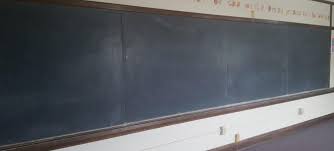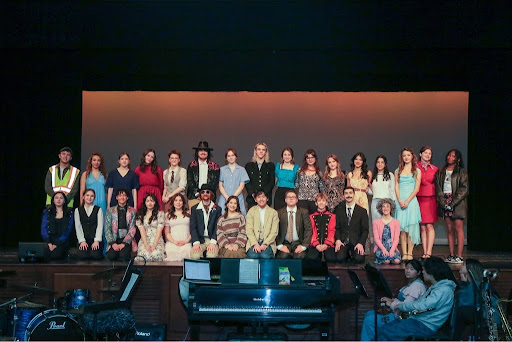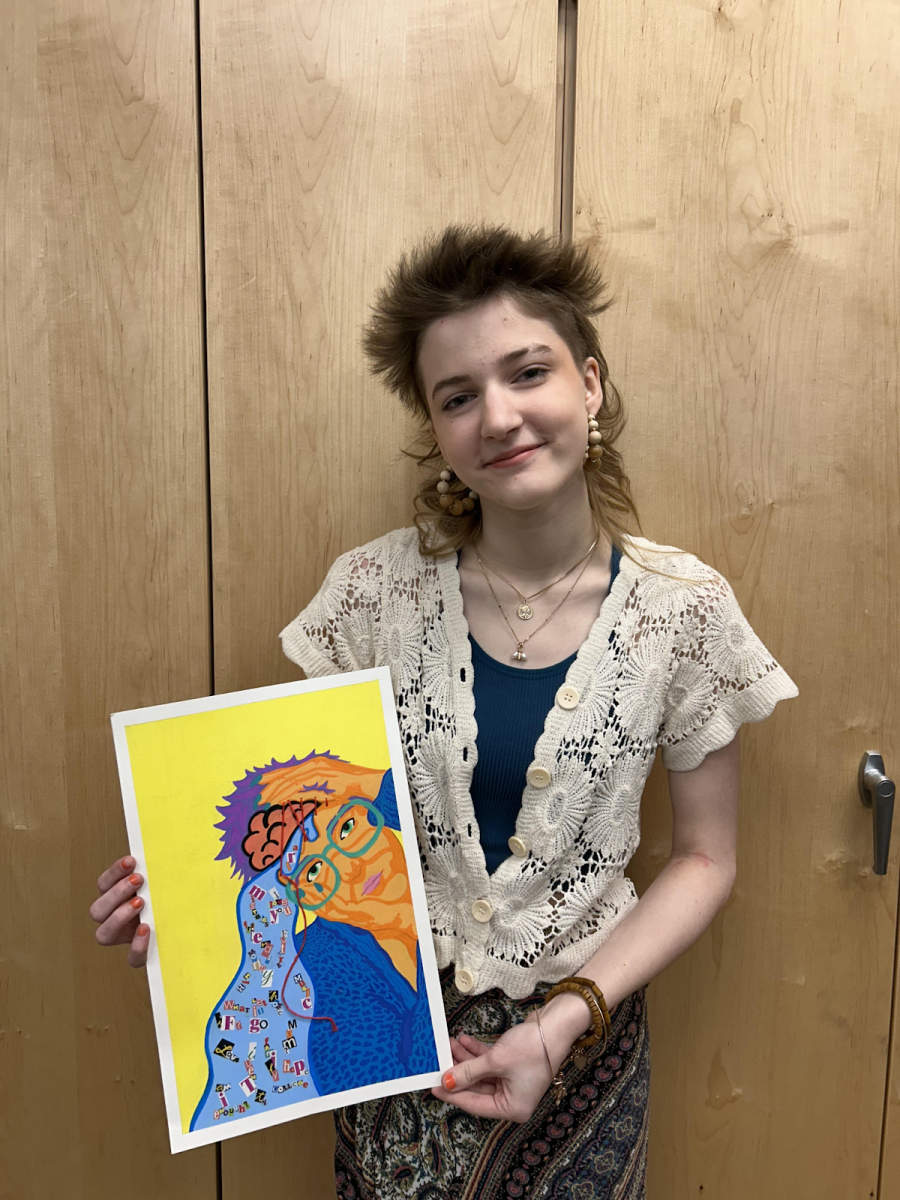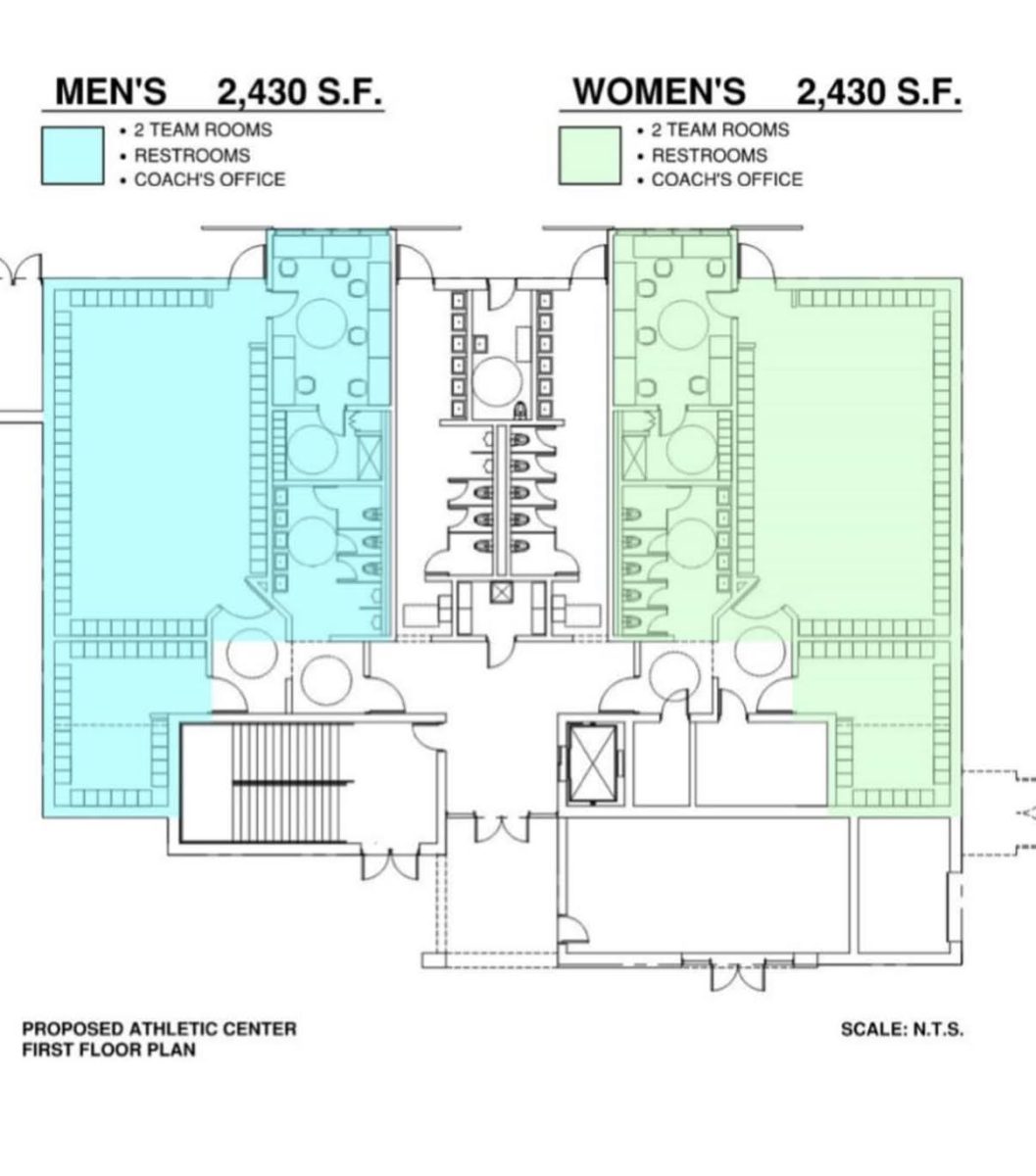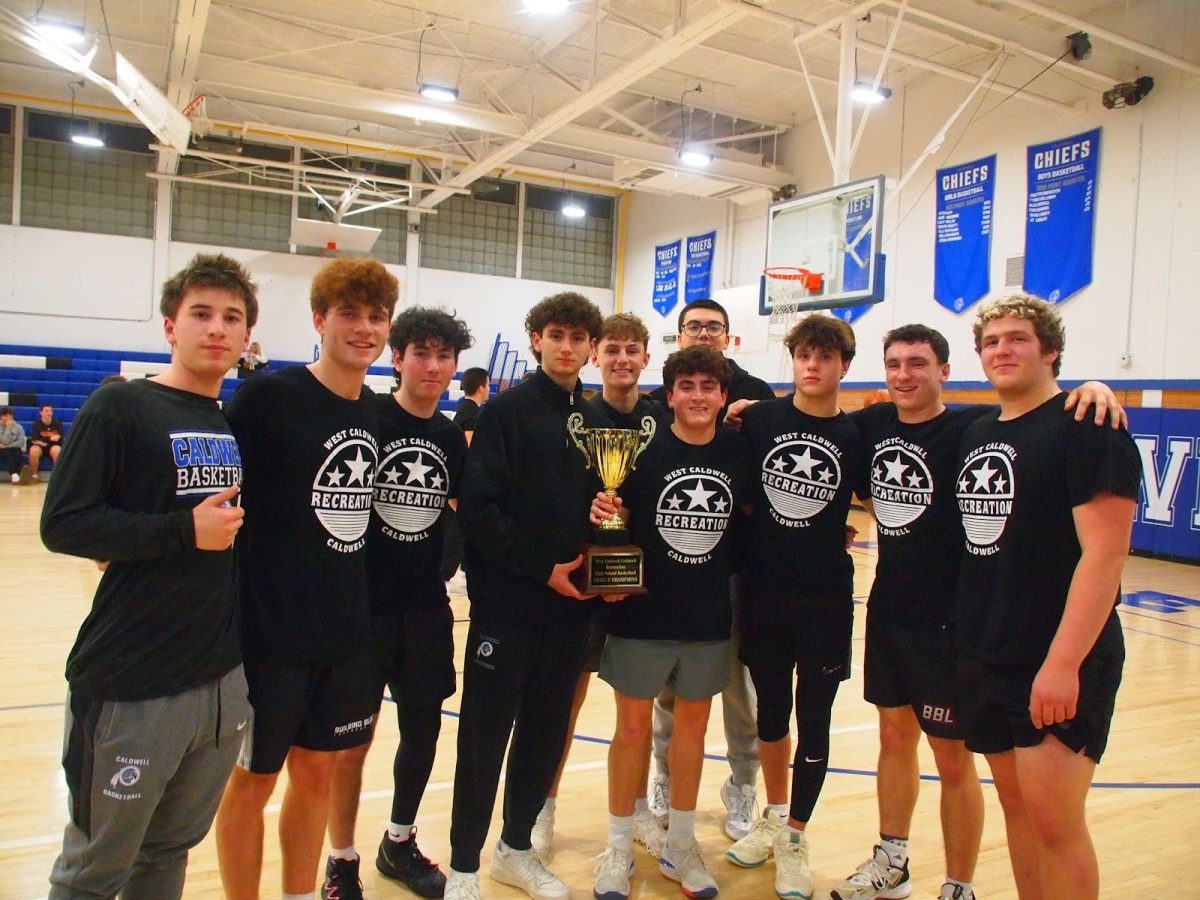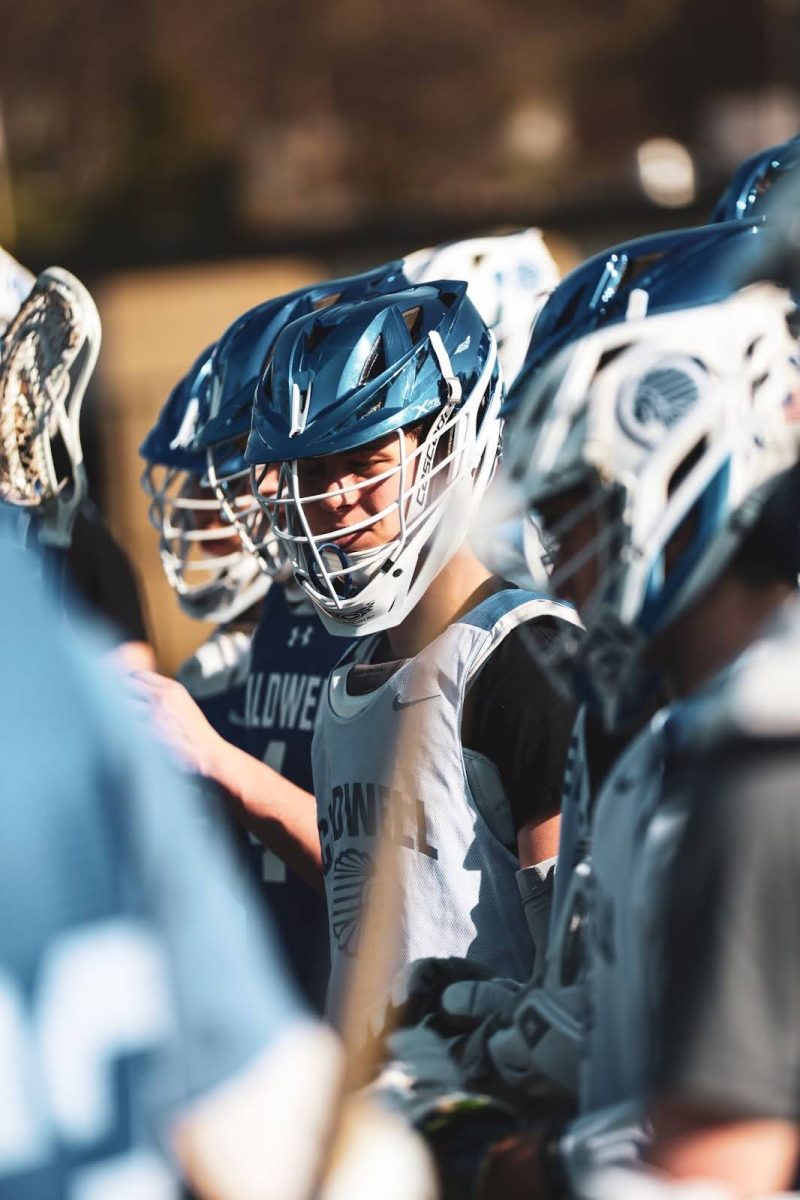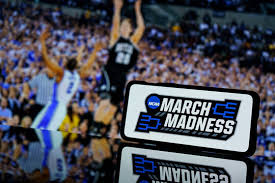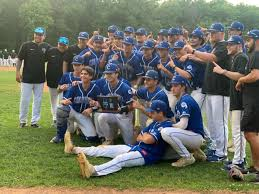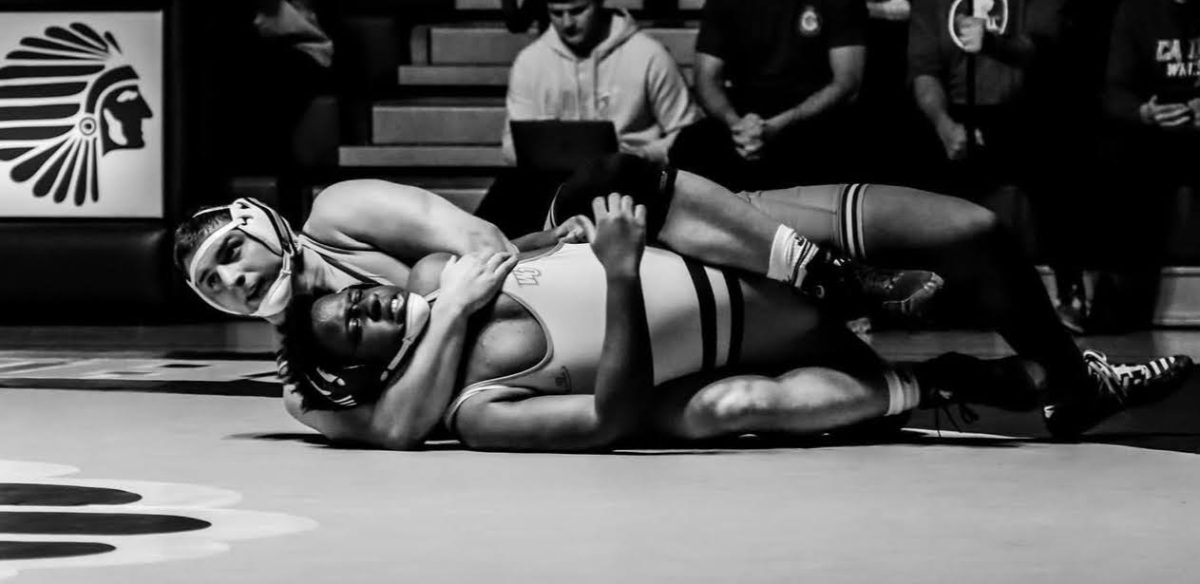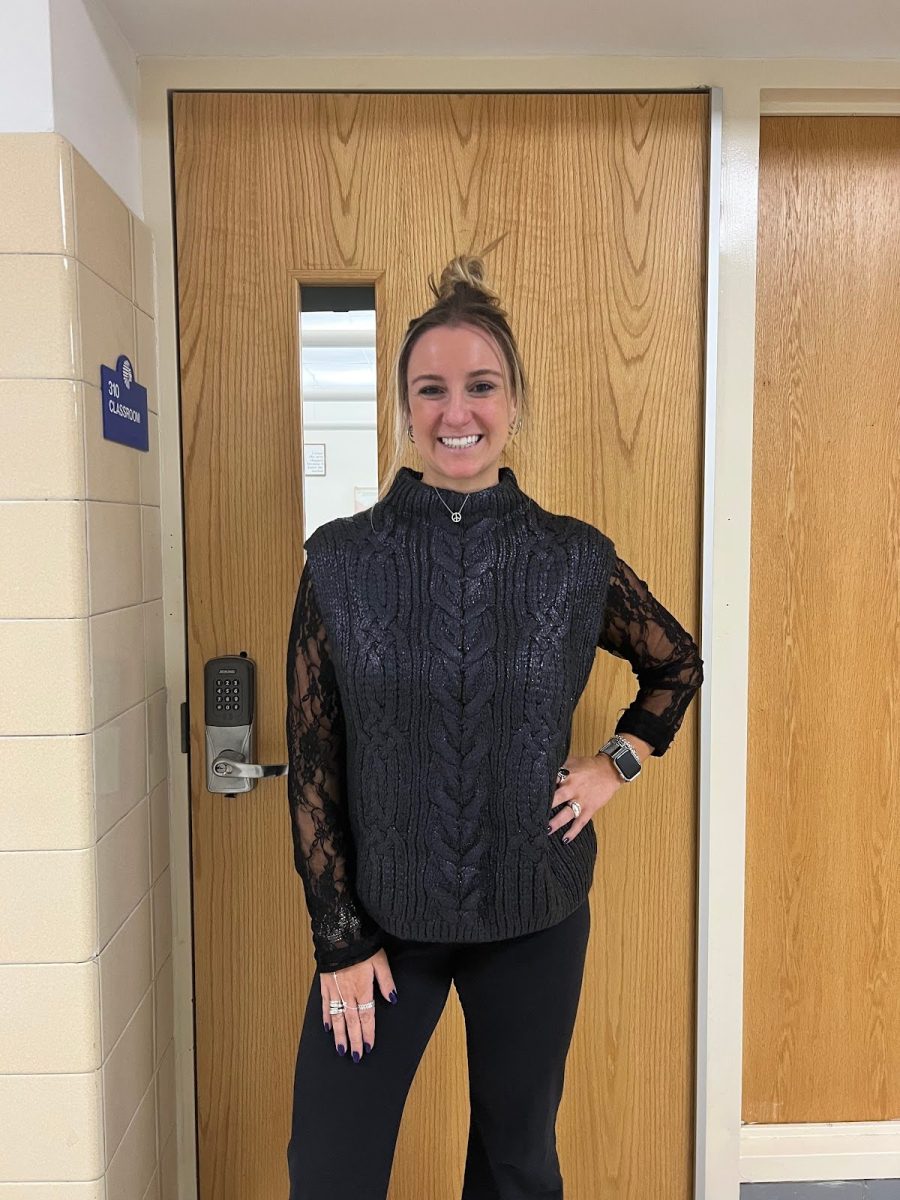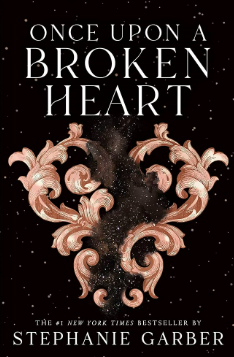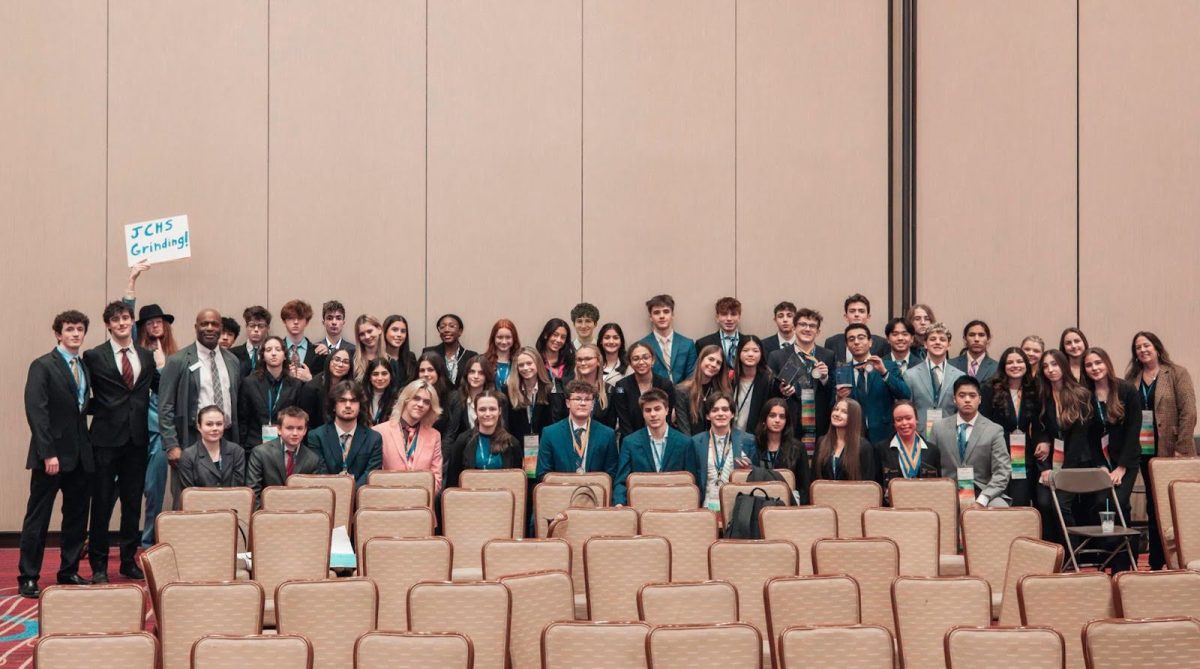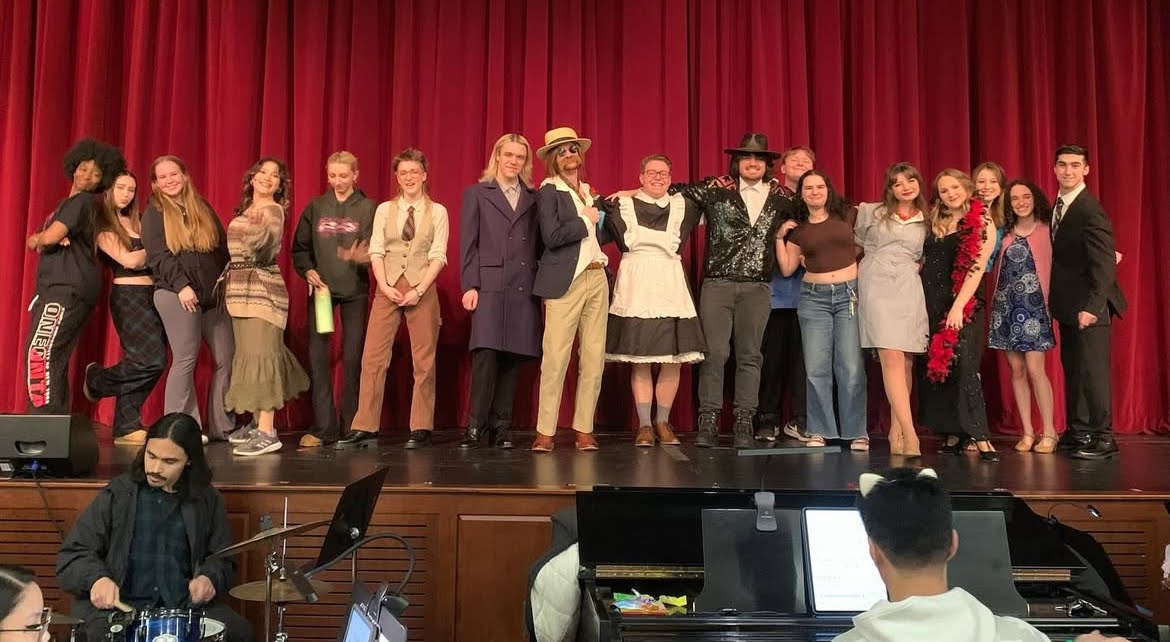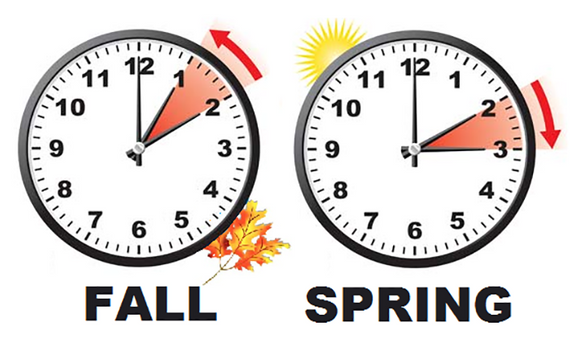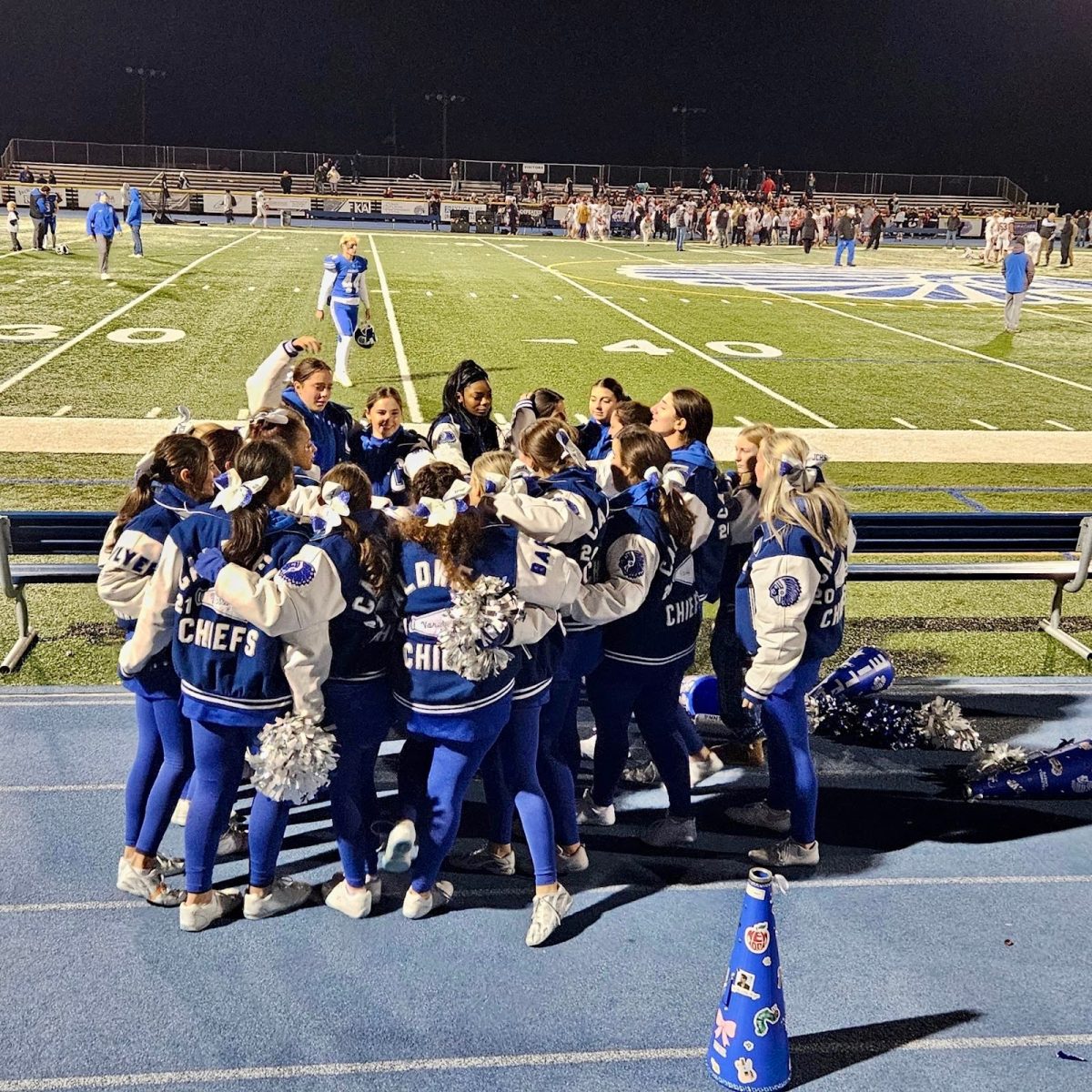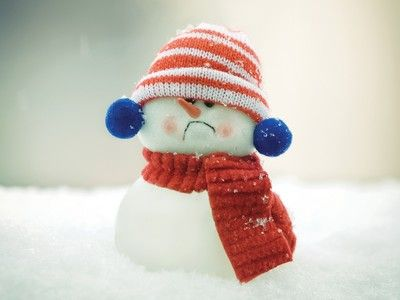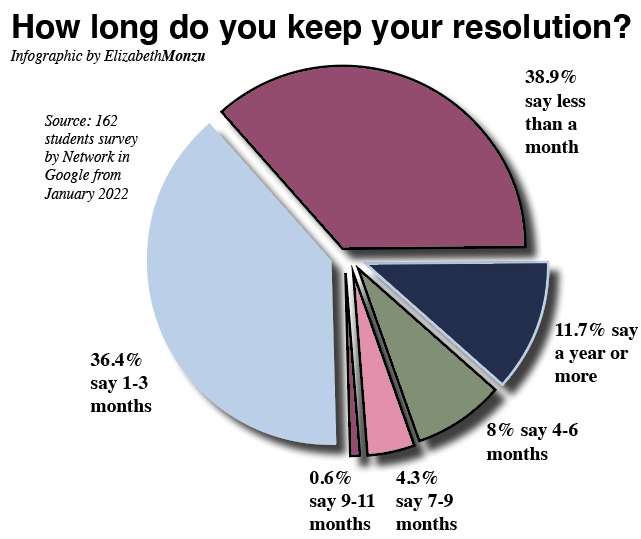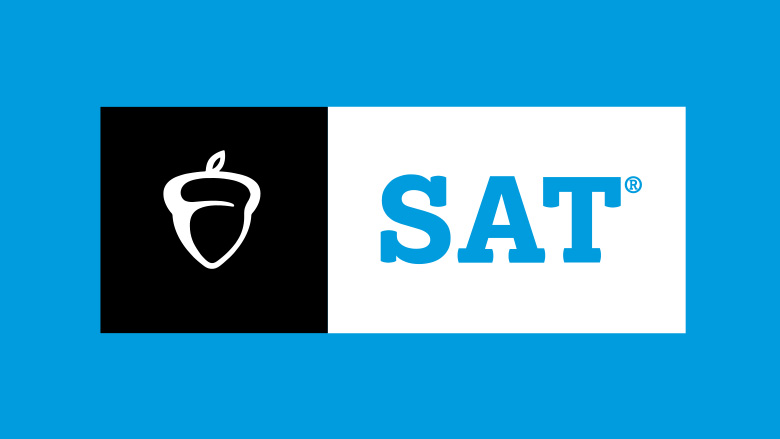Having an education is a doubtless imperative when it comes to having an effective and civilized society. Of course, traditional education systems center around a teacher. Therefore, it is only proper that teachers’ views and deliberations on their jobs and outlook are expressed and understood. We have decided to ask the input of Mr. Phelan (English Department), Mr McLaughlin, and Ms. Hollman (both in the History Department) on some specific questions surrounding education, teaching, and life in general. Their answers are as follows:
What is your definition of learning and how do you apply that definition to your class?
Mr. Phelan: It’s important to make sure the students have a why or a purpose for class. Drifting through life as a teenager is common, and when students are in school without choosing to be, I try to give them something fresh and tangible—a way to connect to the material that means something to them. That’s why, in my class, for example, I’ll try to bring in thematically relevant material from other disciplines and have discussions that touch on issues relevant to students’ lives. We also read dystopian novels and the students will journal about their thoughts about speculative societies where certain human characteristics are taken away. It’s all about making them appreciate and develop the life of the mind by contemplation.
Mr. McLaughlin: Learning is getting a little bit better every day whether that’s content specific knowing more than you did the day before, but there’s also a component to using what you know to make your life and the world better. As long as you’re incrementally making progress towards that goal, I think that’s a great definition of learning.
So I make sure that in every lesson that I’m covering some sort of content, but in general I’m trying hard to present the necessary content, but also how it applies to the current day.
Ms. Holman: Certainly, learning is a lifelong pursuit. People should look at it that you will always be learning your whole life and hopefully learning new things that you are curious and interested about, or it could be new hobbies. You are never too old to learn. I think every student who goes through here is becoming smarter and a more learned person. By the time they get out of here, and even for teachers, there are things that are intangible that we’re hoping students are learning and growing in. The more you learn, your life is enriched and you’re given greater perspectives that help you understand the world around you. I try to run my classroom in a way that I’m showing students that I care about the information that they’re learning, the history that they’re learning, and that history is important for a whole host of reasons. I view my students’ time in the classroom as very important, so I try to use it wisely. I try to construct interesting lessons and to not just give busy work in the hopes that everything is building upon itself. If I’m serious about school and my approach hopefully students will at least appreciate that and I know many of them, not all of them of course, but many of them I think approach it in the same way. So: seriousness of purpose and seriousness of goal.
All answers here clearly indicate that students should have a set target that they personally wish to reach, whether one is in school or not.
What are you doing on a personal level to get better at teaching or to learn more about what you’re teaching?
Mr. Phelan: I try to be reflective in my practice as a teacher and in life in general. I’m always trying to look into bettering habits for myself and my students, smart use of technology, and important issues to learning such as concentration. I also like to have a good rapport with students and get to know them personally, find their strengths and weaknesses, and be willing to spend time with them. We all have up and down days with motivation, and should let each other know we all struggle so we can all have an attitude for learning.
Mr. McLaughlin: I read a lot: current events, but also historical books. Always trying to improve, if I’m asking students to do it, I make sure that I’m doing it as well and improving in a similar fashion. I’m also a member of a few different history boards, the Grover Cleveland Birthplace Memorial Association, West Caldwell Historical Society, and I lead historical tours of West Caldwell. I also attended Fraunces Tavern in New York City, which is where George Washington gave his farewell speech to his troops, and they have some great lectures. The most recent one I went to was on how England and France tried to subvert American democracy during the war of 1812. Listened to some podcasts too, like the Constitution Center is probably one of my favorites. Yeah, so I guess I mixed them all up.
Ms. Holman: I’ve taken, for example, a lot of additional Holocaust courses through Rutgers. For me, I’m informed by reading things, both historical scholarship of professors who write books, or people who write things in blogs or sub-stacks. In general, it’s important to be informed through current media because history connects to current events. That’s part of being a lifelong learner as well, that you can always learn more to make yourself a better teacher.
What advice do you have for students?
Mr. Phelan: I think being curious and critical about the world is a good place to start. It’s a very dynamic time to be alive. It can be overwhelming to try and discover why the world is the way it is and what your place in it is. Stay connected to your loved ones and your heart and try to get better every day.
Mr. McLaughlin: Just get better every day. It doesn’t matter where you start, it matters how you finish. And as long as you have a laudable goal in mind, and every day that you’re making progress towards achieving that goal is, you know, no day is wasted.
Ms. Hollman: Soldier onward. I think high school is also getting a sense of where your passions lie and what you’re really interested in, what you want to pursue either in college or as a career. Thinking about the next step to become well-skilled or an expert in what makes you tick, where you can do something fulfilling in life that you enjoy, hopefully that you enjoy.
What advice do you have for teachers?
Mr. Phelan: I think getting to know and having an active interest in your students’ lives is very beneficial for having a good relationship with them. When there’s good rapport between students and teachers, it makes the job enjoyable and meaningful. If you don’t know the students at all and just see them as vessels for knowledge, it’s hard to have a sense of camaraderie and enjoyment in the classroom.
Mr. McLaughlin: Part of it’s modeling as a teacher. For example, I went to the Tea Party Museum and got to see the different types of tea there. And then I said, “ah, yeah, this would be a great lesson plan.” I think a lot of that: take what you know and use it to make your classroom teaching better, or, if you’re a student, improve your learning.
Ms. Hollman: Focus on the kids you know who you are impacting. It’s hard to get to everyone, but if you focus on what and who you succeed with, hopefully those successful students will spread that success across to their other classmates.
Thank you kindly to Mr. Phelan, Mr. McLaughlin, and Ms. Hollman for their participation. It is clear that these three have a sense of purpose in their subject matters which they seek to convey to their students. It shows they care about their work and the people around them, staff and students, alike.
A final takeaway:
Education is indeed what you make of it. Learning in school is a two way street: One must be taught adequately yet also receive what they are taught with receptiveness and purpose. We may not want to go to school every day, yet here we are. At the end of the day, it is our life and we, no one else, may decide how to live it. It’s marginal whether we are innately better at certain subjects or not, it’s about where you take yourself if you have to improve. Having a positive outlook on life is what really makes a student a vigorous and worthwhile character. Make the best of your situation, whatever it may be. This bootstraps mentality is what built this entire country. It’s easy to forget or scoff at that, but those are the facts. Our teachers are learning new things in their adulthood and that is a testament to the importance of lifelong learning and being part of a civil citizenry.

